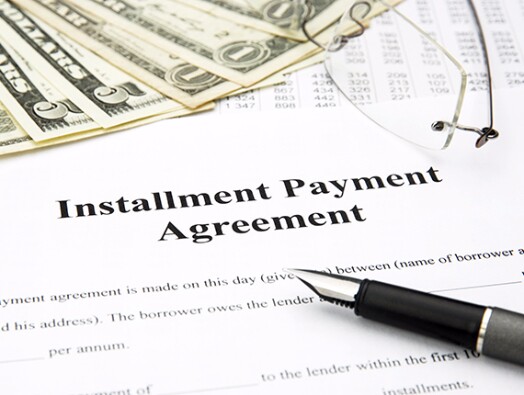
Third time's a charm?
Both previous attempts -- in 1996 and 2006-2009 -- were scrapped as failures, but the new attempt is set to begin shortly, and Jim Buttonow, who directs tax practice and procedure product development for H&R Block, has put together the following list of seven facts tax practitioners will need to know before their clients start calling them in a panic.
You can also read a text version of the list

1. Its coming soon.

2. Private debt collectors will try to pursue the old, uncollectible accounts.
--More than one-third of the 10-year collection statute has expired;
--No IRS employee is assigned to collect the debt; and,
--The IRS hasnt contacted the taxpayer in a year, and the taxpayer isnt requesting a payment alternative or relief (such as innocent spouse relief, a collection due process hearing, an offer in compromise, an installment agreement, etc).
Private debt collectors wont pursue taxpayers younger than 18, those who have been a victim of tax identity theft, or taxpayers in a federally declared disaster area or combat zone.

3. The private debt collectors will try to locate missing taxpayers.

4. Private debt collectors wont have enforcement authority.

5. Collection alternatives are still available through the IRS.

6. The IRS will notify taxpayers if a private debt collector is assigned to their case.
--First, the IRS will send a letter notifying the taxpayer that the IRS has assigned their case to a private debt collector.
--Second, after assignment and before contacting the taxpayer, the private debt collector will send a letter.
According to the IRS, these notices will also go to the taxpayers representative on file, if any.






